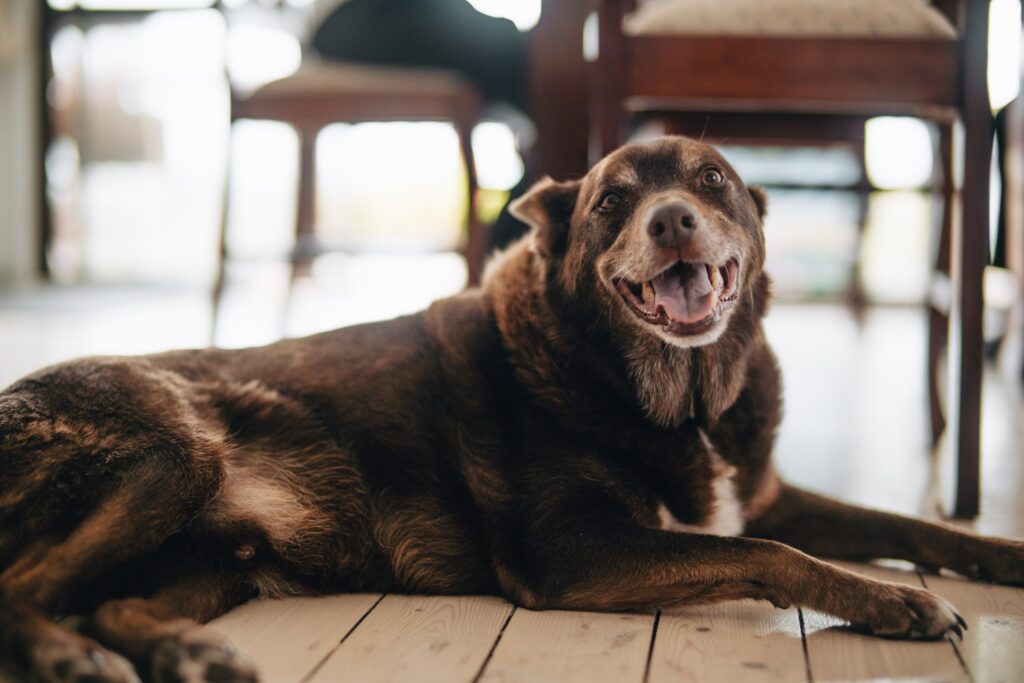Coronavirus (COVID-19) and your pet

Our vets are fielding many questions from concerned pet carers about the Coronavirus (COVID-19) and how it affects their pets. We continue to monitor the latest advice from the Australian Veterinary Association and the World Health Organisation, whose recommendations may change with the latest information coming through from ongoing research.
Currently these are the recommendations and information at hand:
What Is Coronavirus?
Coronavirus is the name given to a large number of viruses that may cause illness in humans and animals. There are many different types of Coronavirus and not all are infectious to humans.
The coronaviruses that can affect dogs and cats are unrelated to the new COVID-19. In dogs we see diarrhoea (Canine Viral Diarrhoea) and in cats we see Feline Infectious Peritonitis.
What is COVID-19?
COVID-19 is the new type of coronavirus that has the formal name of SARS-CoV-2. This is the virus that is currently causing concern.
Can I catch COVID-19 from my pet? Or pass it to my pet?
The World Health Organisation advise that there is no evidence that a dog, cat or any pet can transmit COVID-19 to people. The major risk is human to human contact.
Recent reports that have emerged regarding occasional cases of cats and dogs testing positive to COVID-19, believed to have been transmitted from their infected humans. Based on current evidence from around the world, these human-to-animal cases are rare and isolated incidents. The main transmission pathway for COVID is still human-to-human contact.
The virus can also be found in any place or thing that an infected human may touch or pass droplets on.
How can I best protect my pet from COVID-19?
For healthy people:
As it stands, healthy people should not treat their pets any differently, nor should they worry about animals contracting the virus.
COVID-19 is mainly spread through droplets produced when an infected person coughs, sneezes, or speaks. It can survive some time on a surface, such as on a pet’s coat.
Hand washing hygiene is, as it always has been, essential. Good practice is washing hands for 20 seconds with soap BEFORE and AFTER handling your pet. That’s petting, feeding, medicating etc.
Walking leashed outdoors is great, but consider practicing voluntary social distancing where you keep to approximately 1.5m from other people to minimise possible exposure from human contact. For example, this would mean avoiding large groups of people congregating at dog parks.
For people who have COVID-19 or have been exposed:
- At this point in time, the recommendations from the World Health Organisation are that if YOU are infected with COVID-19 then you do need to avoid contact with pets, exactly as you would avoid contact with other people. Both to avoid exposing your pets, and to minimise the virus on their skin or fur, through sneezing, touching, droplets on your pet. Have a responsible person back up for your pet.
- If your pet remains with you they need to be confined as well to limit spread
- Continue good hygiene practices at all times, especially hand washing (20 seconds with soap) BEFORE and AFTER handling pets
- Minimise contact with your pet if possible but at no time should their welfare be compromised.
Should we be testing pets for human COVID-19?
There is no indication to test a healthy pet at this time.
Is there a COVID-19 vaccine for animals?
Currently, there is no vaccine available for humans or animals that is protective against COVID-19. The coronavirus vaccine for dogs that is available is NOT PROTECTIVE AGAINST COVID-19.
Are antibiotics effective in preventing and treating the new coronavirus?
No, antibiotics do not work against viruses, only bacteria. The new coronavirus is a virus so antibiotics won’t treat or prevent. If you are sick with the virus it is possible to have a bacterial co-infection and in this case antibiotics would be administered.
What else can you do to limit COVID-19 spread?
- Hand hygiene – when entering and leaving house, before and after eating, interacting with pets, coughing, after handling dirty tissue etc (soap and water – 20 seconds, hand sanitiser if can’t wash)
- Consider practicing voluntary “social distancing” – basically staying 1.5-2 metres from other people.
- Avoid touching your face and other people.
- Dispose of tissues immediately and wash hands straight after
- If you are showing signs of illness self quarantine yourself in the house and seek advice from your doctor by telephone
Who to go to for great sources of information?